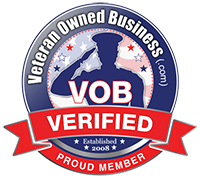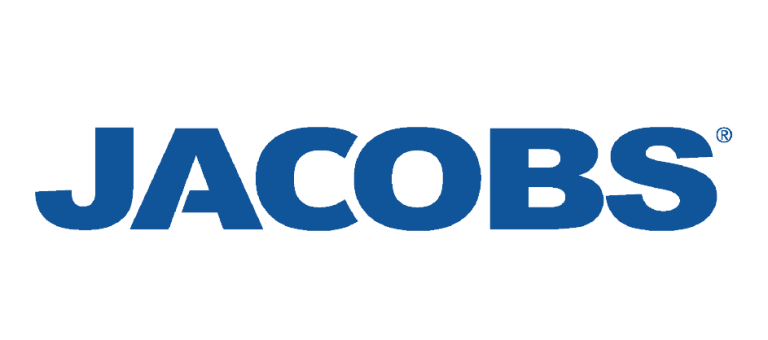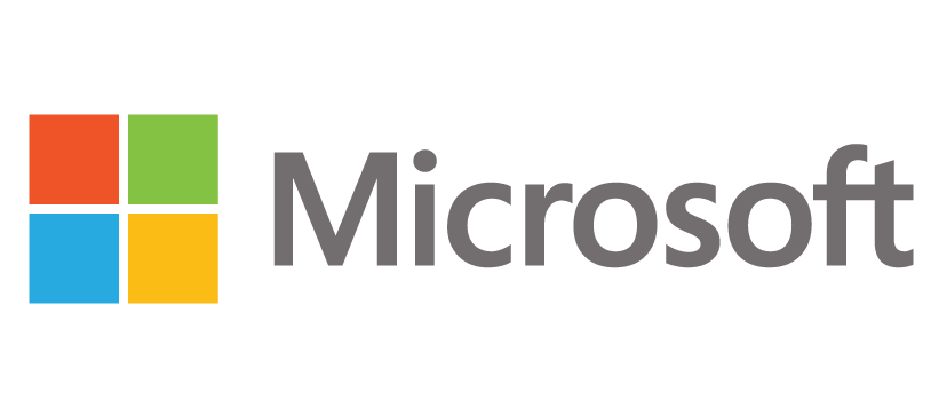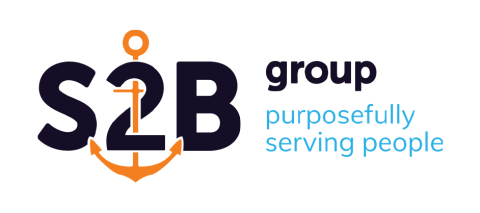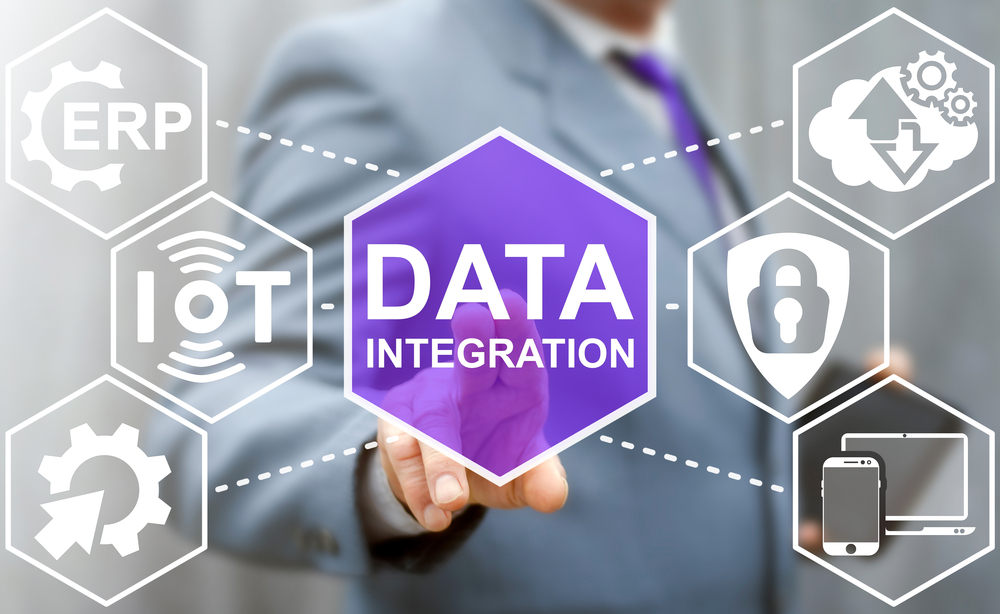
Specializing in bidirectional data integration projects between applications including Microsoft Project Online, Project for the Web, or Server, with SAP, Jira, Azure Devops, Workday, Salesforce, and many more.
Using market-leading product, approved by Microsoft and SAP, which ensures security, simplification, and speed in the deployment and maintenance process.
The connector is an integration middleware tool that allows bidirectional data exchange between systems for project management, collaboration, and work management between different ERP systems.

Streamline Your Business
The integration of ERP, Agile, and Project Management systems is essential for the efficient use and acceptance of a project management solution. It ensures that the affected staff, such as project managers, developers, and accountants, can use the tool best suited to their job role.
Eliminate dual entry to provide data consistency.
Data Integration Features
D365 Sales
Streamline sales processes and drive revenue with intelligent, data-driven insights and automation.
SharePoint
Create personalized marketing campaigns and track performance with integrated analytics and automation tools.
Jira
Provide an interface between project managers and team leaders, Scrum Masters, development teams and Product Owners.
Azure Devops
Integration agile methods with your project management system (e.g., MS Project, Project Online, Planisware, Jira, SharePoint, etc.).
Deltek
Manage financials and streamline operations with comprehensive, integrated ERP solutions.
Workday
All-in-one business management for small to medium-sized businesses with financial and operational insights.
SalesForce
Use data integration to improve supply chain efficiency with real-time visibility and predictive analytics for better decision-making.
Primavara
Manage projects seamlessly with integrated planning, tracking, and resource management capabilities.
Internal Designed
Integration with custom internal systems to optimize processes.

Tailored Data Integration Solutions
Custom Data Integration is a critical process for businesses aiming to unify disparate data sources into a cohesive and actionable dataset. This approach allows organizations to tailor their data integration strategies to meet specific needs, ensuring that the data is relevant, accurate, and readily accessible for analysis and decision-making.
– Enhanced data accuracy and consistency
– Improved decision-making capabilities
– Seamless integration with existing systems
– Scalability to accommodate growing data volumes
– Flexibility to adapt to changing business requirements
By leveraging custom data integration, companies can overcome the limitations of off-the-shelf solutions and create a robust data infrastructure that supports their unique operational and strategic goals. This tailored approach not only optimizes data workflows but also enhances overall business efficiency and competitiveness in the market.
Integration implementation options
Data integration can be performed using Microsoft Power Automated or TPG Pslink Middleware. Both are flexible for most any environment to include Microsoft GCC Cloud.



Optimize Your Business Processes
Custom data integration has become a cornerstone for businesses aiming to unify disparate data sources into a cohesive system to optimize business processes. One notable case study involves a retail company that successfully integrated its online and offline sales data, leading to a 20% increase in sales through more accurate demand forecasting. Another example is a healthcare provider that merged patient records from various departments, significantly improving patient care and operational efficiency.
Contact us
Empowering businesses with tailored solutions. Optimize, customize, and grow with our expert services. Your success is our mission. Contact us today.
